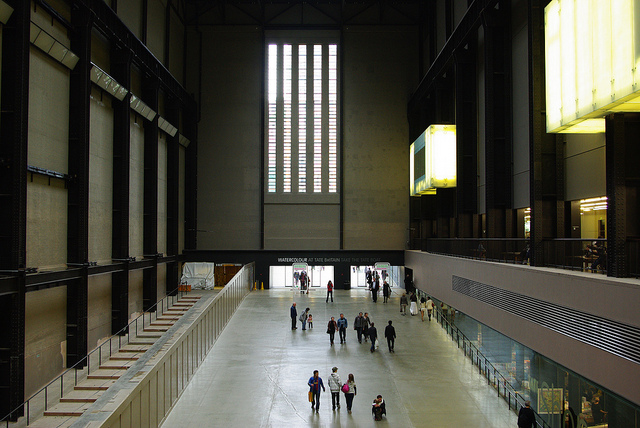
Photo: Iker Merodio | Photography on Visualhunt.com / CC BY-NC-ND
Creative network seeks to tackle marginalisation in the arts
Tate and National Museum Wales will participate in a new project bringing together artists, arts organisations and youth workers to improve outreach work.
A new network aims to bring together arts organisations, youth workers and artists to help tackle marginalisation across the UK.
The Creative Margins network, funded by Arts Council England, will meet five times in locations across England and Wales throughout 2018. Meetings will focus on topics including enterprise in the arts, trust, evaluation, and the use of space. Organisations including Tate, National Museum Wales, Common Wealth Theatre and the UK Federation for Detached Youth are all official project partners and meeting hosts, and part of the funding will be used for bursaries to enable local artists to attend.
The network will be run by Manchester Metropolitan University and will provide an opportunity for academics to develop a more complex understanding of marginalisation, and as the basis for further research.
Earlier research by the Common Cause Foundation and Manchester Museum concluded that subtle changes to how arts organisations display their work or request donations could influence how welcoming they appear.
“There are currently a narrow range of tools for ‘measuring’ impact,” explained Gabrielle Ivinson, lead researcher on the project. “It would be great to discover new potential models of interaction, but our aim is to expose current conflicts and find small moves that arts organisations could make to make their arts organisation a little less intimidating.”
She continued: “When it is complete, the project will address the need to prepare the future workforce, by suggesting how groups who do not usually consider employment in the arts sectors may be supported to consider future careers in the arts and as entrepreneurs creating a more democratic, participatory society.
“The project is important not just for academics and arts organisations – it will help policy-makers, governments at local, regional, devolved and national levels, and most importantly individuals who are at risk.”
Join the Discussion
You must be logged in to post a comment.